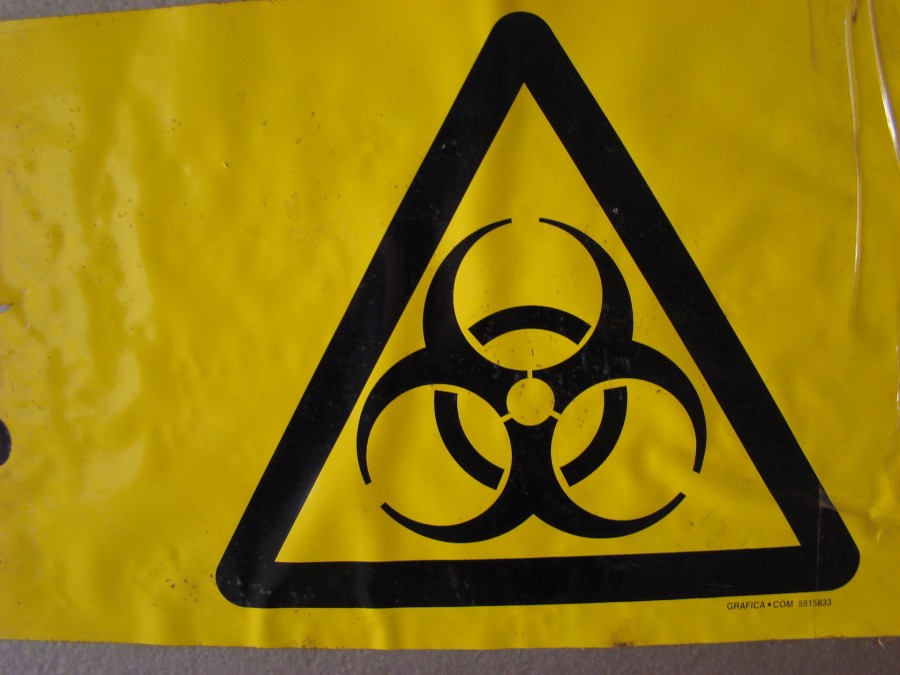Can public open data help protect against biothreats?

At both a national and local level, open data is helping governments fight crime, improve public transportation and more. Could it help as an early warning system for biothreats — instances where harmful pathogens are released, deliberately or not — as well?
A new Department of Homeland Security challenge posted to Challenge.gov asks data scientists, disease specialists and more to consider how existing open data sets might help detect new biothreats early.
Of course, the agency is already on the lookout for signs of this hazard. “Currently, there are a variety of systems and tools in place,” the challenge page states. “However, these tools largely rely on health data to detect signals.”
The problem with this? It’s slow. “If and when a potential biothreat appears, every minute counts,” the challenge page warns. So DHS hopes that using additional data sets — like biodiversity and climate, perhaps, or energy — might speed up the detection process.
The challenge is quite open-ended — more a project of creativity and imagination than a straight forward task. The deadline for submissions to stage one is Dec. 4. Five finalists will be selected based on their projects’ originality, feasibility, scalability, impact and sustainability, and each of these five teams will take home a $20,000 prize. Stage two will proceed from there.
Given the broad nature of the challenge, DHS will host a webinar Nov. 1 to answer any questions from prospective participants.
Ultimately the idea is to leverage new data resources to do a vital public safety job with more efficiency.
“DHS intends for this work to be the first step in the design of a local and/or national-level system that could enable city-level operators to make critical and proactive decisions based on the most relevant and actionable insights,” the challenge page reads.
“Are early signals [of biothreats] hiding in data we already have? How could we use this publicly-accessible data to help identify emerging biothreats, contain their spread, and save lives?”






